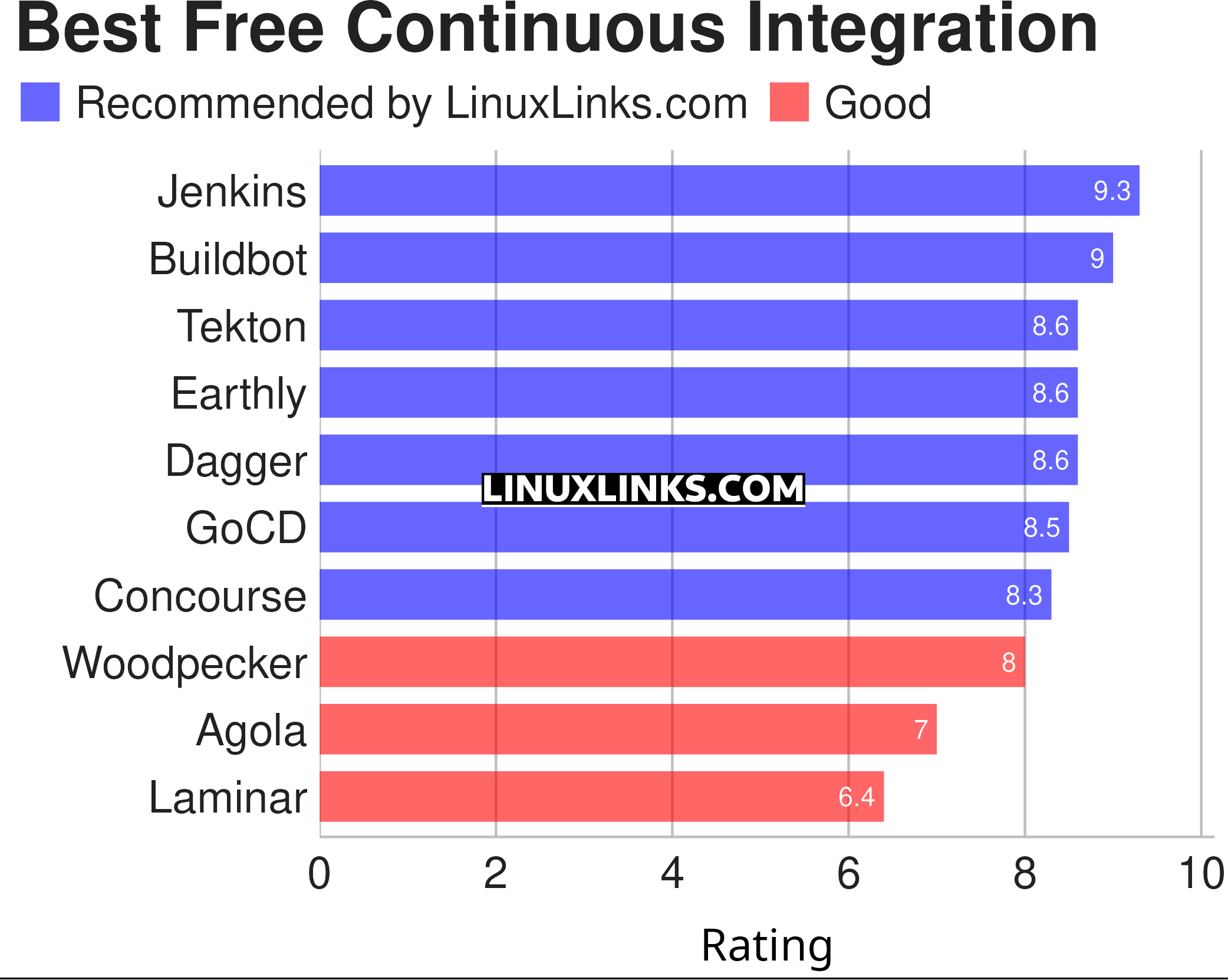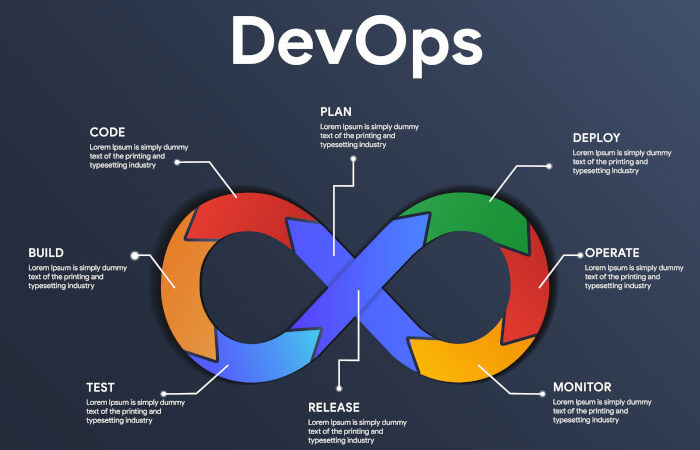Continuous integration (CI) is the practice of merging all developers’ working copies to a shared mainline several times a day.
Modern application development dictates that multiple developers work simultaneously on different aspects of the same app. If the various code changes are merged on a merge day, the resulting work is often tedious, time-consuming, and manual. The longer development continues on a branch without merging back to the mainline, the greater the risk of multiple integration conflicts and failures when the developer branch is eventually merged back. This is even more likely if each developer uses their own local integrated development environment (IDE) rather than a single cloud-based IDE.
If automated testing discovers a conflict between new and existing code, CI makes it easier to fix those bugs quickly and often.
Successful CI means new code changes to an app are regularly built, tested, and merged to a shared repository.
Here’s our verdict on the finest CI systems. Many of the systems also provide continuous delivery (CD). We only feature free and open source software.

Let’s explore the 10 CI tools. For each application we have compiled its own portal page, a full description with an in-depth analysis of its features, together with links to relevant resources.
| Continuous Integration Tools | |
|---|---|
| Jenkins | Self-contained automation server with an awesome array of plugins |
| Buildbot | Python-based continuous integration testing framework |
| Tekton | Powerful and flexible framework for creating CI/CD systems |
| Earthly | CI/CD framework that runs every pipeline inside containers |
| Dagger | Powerful, programmable CI/CD engine |
| GoCD | Easily model and visualize complex workflows |
| Concourse | Presents a general approach to automation for CI/CD |
| Woodpecker | Uses docker containers to execute pipeline steps |
| Agola | CI/CD redefined |
| Laminar | Lightweight and modular Continuous Integration service |
This article has been revamped in line with our recent announcement.
 Read our complete collection of recommended free and open source software. Our curated compilation covers all categories of software. Read our complete collection of recommended free and open source software. Our curated compilation covers all categories of software. Spotted a useful open source Linux program not covered on our site? Please let us know by completing this form. The software collection forms part of our series of informative articles for Linux enthusiasts. There are hundreds of in-depth reviews, open source alternatives to proprietary software from large corporations like Google, Microsoft, Apple, Adobe, IBM, Cisco, Oracle, and Autodesk. There are also fun things to try, hardware, free programming books and tutorials, and much more. |
